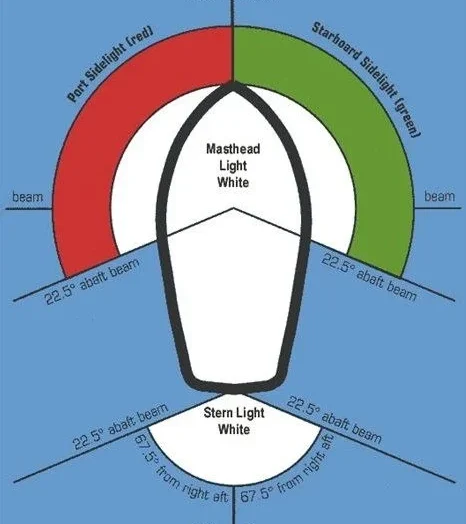-
Capt. Zaheer Patel / 2 months
- 0
- 5 min read
When it comes to keeping a ship seaworthy, safe, and accepted for global trade, one document plays a central role — the Class Certificate. This certificate is issued by a recognized classification society and proves that a vessel is built, maintained, and operated according to strict technical standards. Without it, a ship simply cannot trade […]
Disclaimer: The views and opinions expressed in this blog are solely those of the author(s) and do not necessarily reflect the official stance of NavInsider, its founders, or its editorial team. All content is intended for informational and educational purposes only and should not be taken as professional advice. While efforts are made to ensure accuracy, NavInsider and its affiliates—including founders, writers, and contributors—assume no responsibility for any errors, omissions, or outcomes resulting from the use of this information. Any reliance on the content is strictly at your own risk. Data, visuals, and external references, if used, are sourced from public platforms and may not be independently verified. NavInsider and its team are not liable for any claims, damages, or losses arising from the use of this content in any form. By accessing this blog, you agree to this disclaimer.


